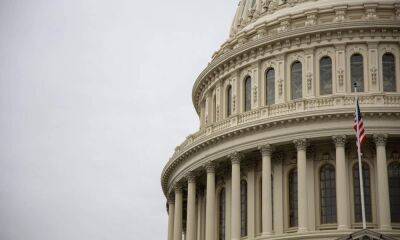BIS-funded regulator to probe DeFi entry points like stablecoins
The Financial Stability Board (FSB), the financial regulator funded by the Bank for International Settlements (BIS), is pushing international regulations for decentralized finance (DeFi).
The FSB on Feb. 16 issued a report on the financial stability risks of DeFi, highlighting major vulnerabilities, transmission channels and the evolution of DeFi.
Despite providing many “novel” services, DeFi “does not differ substantially” from traditional finance (TradFi) in its functions, the authority said in the report. By trying to replicate some functions of TradFi, DeFi increases potential vulnerabilities due to the use of novel technologies, the high degree of ecosystem interlinkages and the lack of regulation or compliance, the FSB argued.
Moreover, the actual degree of decentralization in DeFi systems “often deviates substantially” from the stated claims of the founding originators, the authority claimed.
In order to prevent the development of DeFi-associated financial stability risks, the FSB is cooperating with global standard-setting bodies (SSB) to assess DeFi regulations across multiple jurisdictions.
In this regard, a key element to consider would be the entry points of DeFi users, including stablecoins and centralized crypto asset platforms, the FSB said, adding:
The FSB emphasized that both asset-backed stablecoins like Tether (USDT) and algorithmic stablecoins like Dai (DAI) play an important role within the DeFi ecosystem through their use in purchasing, settling, trading, lending and borrowing other crypto-assets. The rise of stablecoins would also likely increase the adoption of DeFi solutions by retail and corporate users as well as facilitate the adoption of crypto assets as a means of payment, the regulator suggested.
Read more on cointelegraph.com










